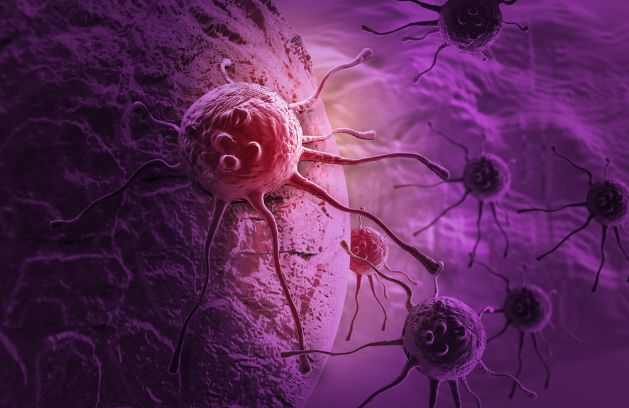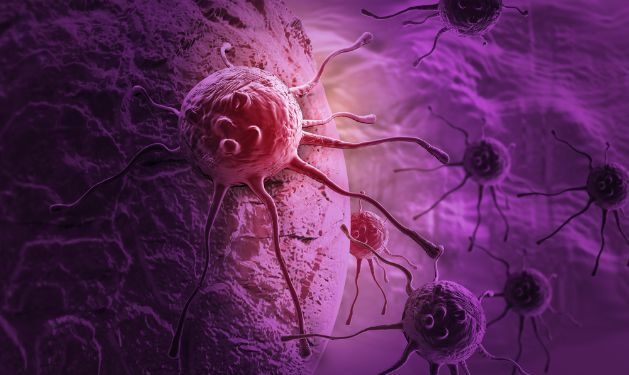Leukemia is cancer of the blood-forming tissues, which include the bone marrow and lymphatic system. It usually involves the white blood cells, which normally grow and divide in a healthy way to fight infection. When leukemia occurs, the bone marrow produces too many immature white blood cells that don’t function properly. This makes it difficult for the body to produce healthy red blood cells, platelets and other blood cell types, which may cause you to have trouble breathing or clotting blood. There are several different kinds of leukemia, and they are categorized by how fast or slow the cancer cells are growing and which cells are affected.
Doctors diagnose leukemia by taking a blood sample and doing a physical exam. The blood test can show abnormal levels of red blood cells, platelets and white blood cells. It can also reveal whether your lymph nodes and liver and spleen are enlarged. In some cases, your doctor may want to check for a specific genetic mutation that is associated with certain leukemias.
A bone marrow biopsy can confirm a leukemia diagnosis. Your doctor may use a needle to remove a small amount of bone marrow, which is then examined under a microscope to see if there are any abnormal cells. This can be done in the hipbone, sternum or the spine. If the cancer has spread, your doctor may want to take a tissue sample from a lymph node, bone, liver or spleen for further evaluation.

Staging leukemias is similar to staging other cancers, although the methods for doing so vary by type. For example, a biopsy is used to stage most cancers that develop in solid tissues, but for leukemias involving the blood, doctors use other methods of determining how the leukemia has progressed.
Some types of leukemia are more serious than others, and your prognosis is determined by the kind you have and how quickly it is spreading. Your age, how far the cancer has progressed and your history with previous cancer treatments all affect your prognosis.
The best way to improve your outlook is to learn as much as you can about the specific kind of leukemia you have and what treatment options are available. You may find that you can help yourself cope by talking about your fears and hopes with a trusted friend or support group. A medical social worker, clergy member or cancer support specialist can all serve as good listeners. A support group can also help you locate resources and connect with other people who are dealing with the same challenges as you. The goal is to help you feel less alone and more able to handle the challenges ahead. This can help you feel more in control of your situation, which can improve your mood and make it easier to get through treatment.









